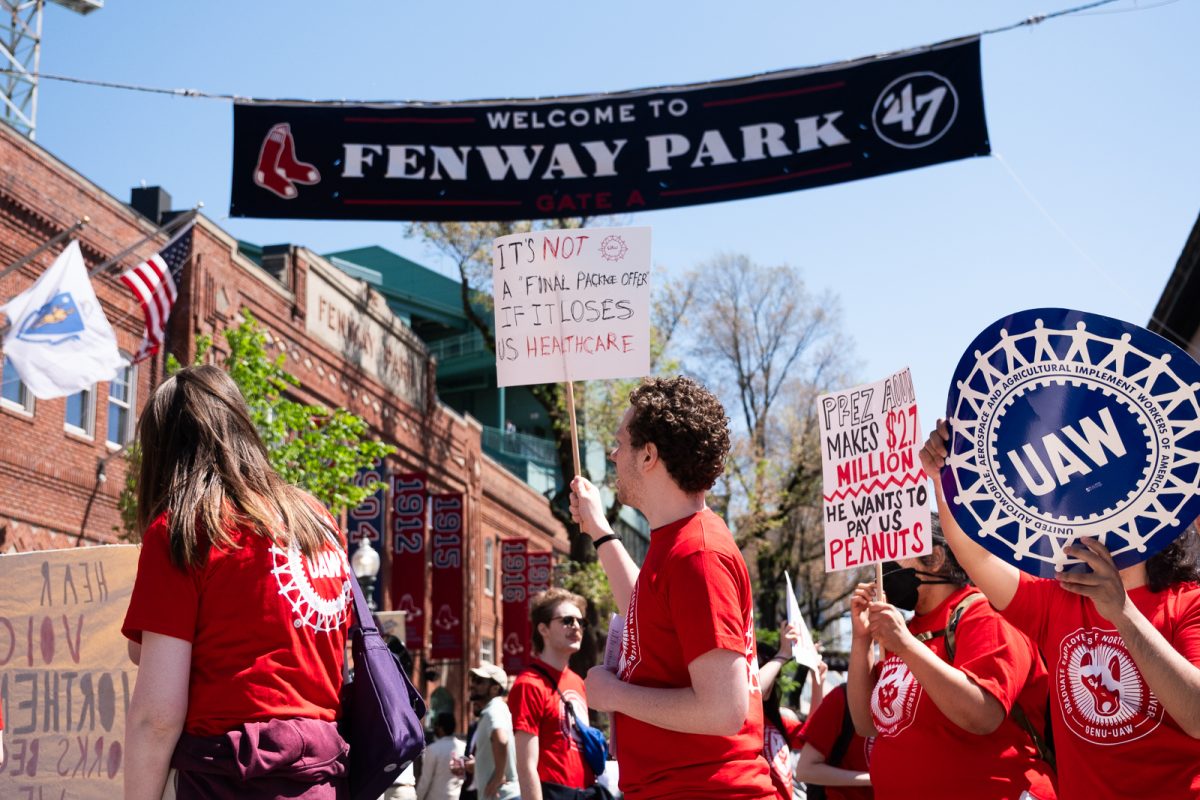One of the gravest violations of democracy in recent memory took place in upstate New York when a speaking engagement featuring Professor Ward Churchill was canceled due to the threat of violence.
Churchill has gained notoriety for controversial comments surrounding the September 11 attacks.
In a recent article, the prominent Native American activist reversed the image of the World Trade Center victims from innocent bystanders, as they are so often portrayed, to willing participants in a system based on oil and other goods that are extorted from Third World countries.
The comment that enraged most of the opposition, though, is his labeling of the World Trade Center as “Little Eichmans,” paralleling Alfred Eichman, a main architect of the Holocaust.
Whether or not you agree with Churchill, the theory undoubtedly raises the type of self-examination thesis the United States has been unwilling to confront since September.
By barring Churchill from even speaking, Hamilton officials and the 6,000 people who wrote and threatened violence at the event effectively rejected his speech as invalid in a society that teaches us to hold all speech as valid.
For a scholarly community so dependent on discourse to flesh out its ideas, the rejection presents the specter of a dangerous precedent that could become a trend if not carefully minded.
With the world facing the challenges of systemic global poverty, inequality, and, lest we forget, starvation, that are currently threatening to come into the spotlight, there is no better time to engage in a discussion of our priorities and examine how we are perceived by even the most militant, extremist groups.
Further gagging, it seems, will only lead to a more narrow world view where we are encouraged to learn nothing about ourselves, or identify others with the sense of self worth we hold so dear.
– Steve Babcock is a middler journalism major and a member of The News staff.








